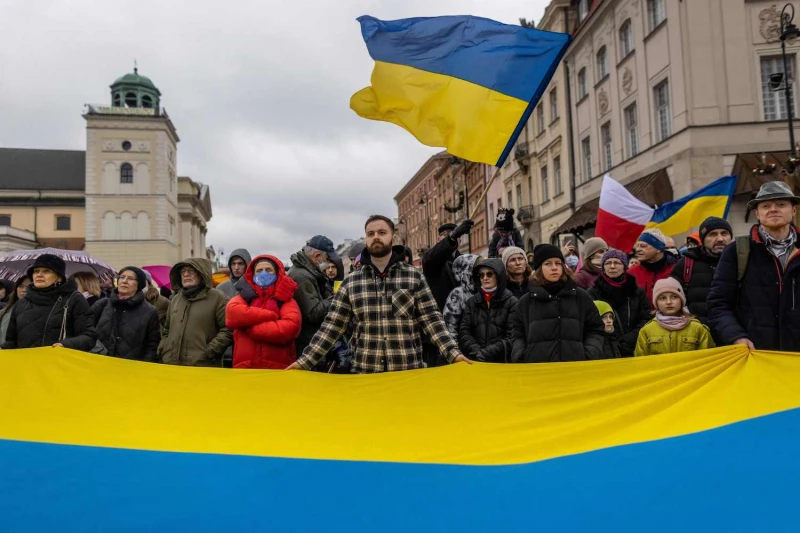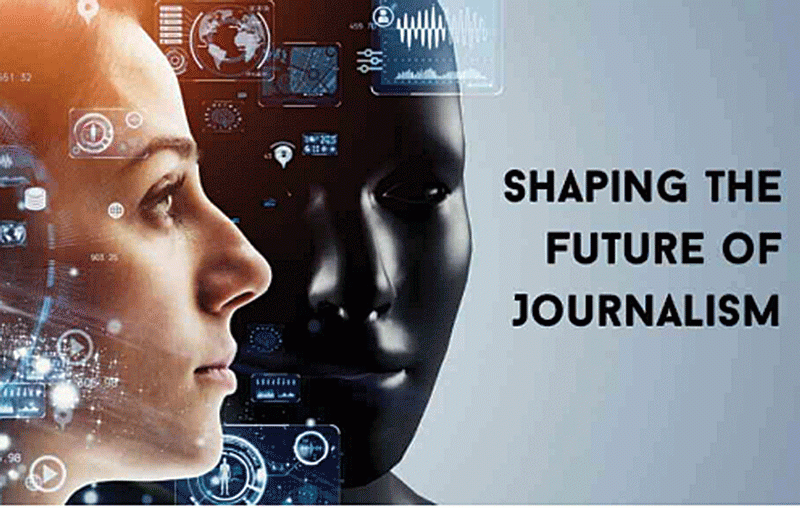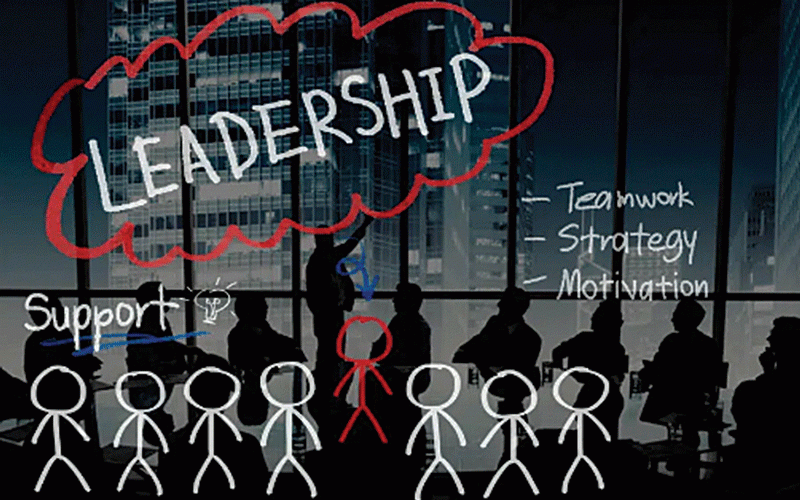
By Tapiwa Gomo THERE is a time when the international community used to describe South Sudan in east Africa as being so vulnerable to child street fights. The explanation then was that if two kids fight on the streets, their parents would get involved in support of their children. The tensions would escalated from family to community to the bigger tribes by which time, this would be a national tribal war.
The tribal dimensions in South Sudan obscure the real development and economic growth challenges the country faces and the reason for which the nation fought for many decades. It is these realities that every loss or gain was seen via tribal lenses. It would seem simple, but a small conflict would trigger massive attacks against other tribes. Bigger tribes had more political leverage when it came to both smaller and huge national issues. Today that theory seems to apply to the entire world after the attack on Ukraine by Russia and how the West has responded to the crisis.
The Western world chose sides instead of seeking peaceful ways of addressing the Russia-Ukraine crisis. They chose to support Ukraine and to stand against Russia instead of taking a peaceful way of addressing the tension. This is simply because the West chose what they thought was a simpler and interest-based approach to weaken Russia. For the West, it was Russia they needed to be weakened instead of discouraging the two countries from getting involved in a war.
In the eyes of the public, the issue was about Ukraine’s intention to join the North Atlantic Treaty Organisation (Nato) and the European Union (EU) and how that was seen as a threat by Russia.
The fear of a global war prevented both Nato and EU from physically joining the war even though they continue to provide military supplies and financial support. Russia had anticipated this day when western Europe with the support of the United States of America would unite and trigger a war against them. They were ready for this day.
For those reasons, Russia had built its military and economic mighty over the past three decades much to the disgust of the West.
Russia had not wholesomely adopted the Western governance approaches, but made sure that they held regular elections whose outcomes were both controlled and predetermined. And in Vladimir Putin’s perspective, this was to ensure that the gains made in Russia over the last three decades were preserved and that the country remained a powerhouse in the eastern European block.
While the West persistently pursued its policy of hate against Russia, they had not anticipated Russia’s global economic relevance. And that myopicism has now plunged the entire world into a major economic turmoil. It is now clear today that the Ukraine-Russia war has evolved into a global humanitarian crisis. Millions of people in Ukraine have fled to neighbouring countries, and million more being internally displaced.
- Chamisa under fire over US$120K donation
- Mavhunga puts DeMbare into Chibuku quarterfinals
- Pension funds bet on Cabora Bassa oilfields
- Councils defy govt fire tender directive
Keep Reading
Nearly half a billion people across the world rely on Ukraine’s wheat supplies, while billions more people depend on Russia’s agriculture input supplies. It is safe to estimate that perhaps more than half of the world’s population relies on the two countries for their input for food production. Due to pride, these have been disrupted.
It is not only that. Supply chains from the two countries have been disrupted, because of the closure of several seaports and curtailed the supply routes for commodities through their various borders. In addition, the prices of essential commodities such as food and energy have globally escalated pushing access to these beyond the reach of the majority. In a world which now relies on a centralised, rather globalised economy, the war in Ukraine has far reaching consequences across the world — both rich and poor.
The ripple global effects of the war in Ukraine reinforces the notion that fighting does not solve anything, but rather causes unnecessary human suffering and irreparable damage to livelihoods infrastructure.
It is a stark reminder that wars should be avoided at whatever cost and that more investment towards peaceful means of addressing differences must be supported. Bringing Russia and Ukraine to the negotiating table would have saved villages, towns, cities and economies from plunging into a global crises.
The global miscalculation on the Russia-Ukraine war has raised pertinent questions about national sovereignty over global security, the pursuit of democracy over the protection of human rights across the world and the role of global governance institutions in presiding over peaceful resolution of conflict situations.
It has also exposed the dangers of pursuing a biased agenda over seeking peace and stability and that sometimes using force also exposes weaknesses. Russia did not expect Ukrain to stand its ground this far, just as the West did not expect to be affected by their own sanctions on Russia.
In addition, the West did not anticipate Russia to survive its sanctions up to this stage as much as they did not realise that other regions such as the Asian block would take advantage of their miscalculation and sign new deals with Russia.
- Tapiwa Gomo is a development consultant based in Pretoria, South Africa. He writes here in his personal capacity.











